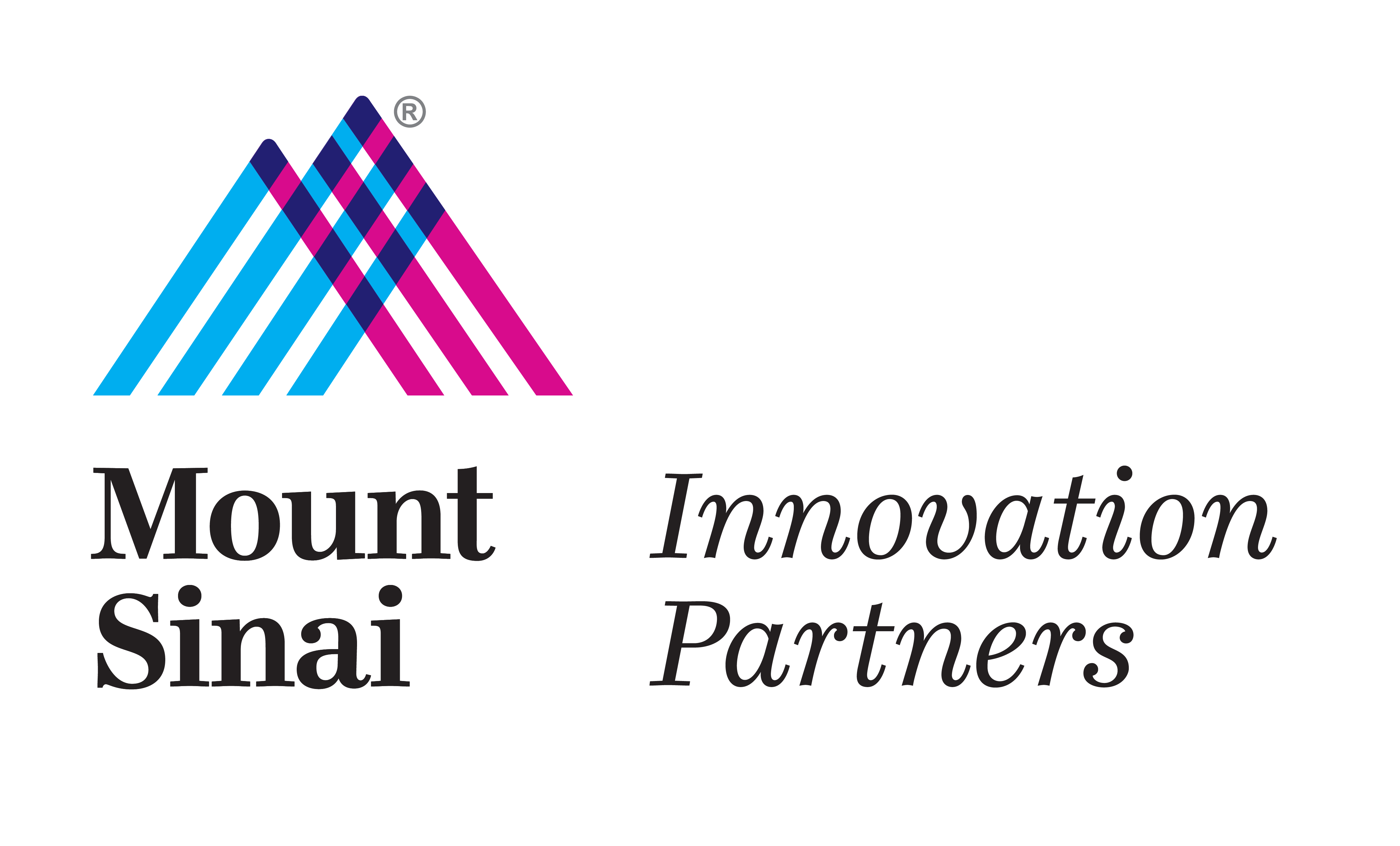Single microRNA powers motor activity: Findings have implications for treating severe treatment-refractory epilepsy, says Mount Sinai researcher
December 11, 2013December 5, 2013 – New research from the Icahn School of Medicine at Mount Sinai shows that microRNA-128 is one of the strongest regulators of nerve cell excitability and motor activity, and that it does so by adjusting an entire neuronal signaling pathway. Published online Dec. 6 in the journal Science, the preclinical study suggests that developing new drugs for treatment-refractory epilepsy that target the microRNA signaling pathway might prove beneficial for patients with severe epilepsy, including the epilepsy of infancy. MicroRNAs are non-coding RNAs that regulate the translation or degradation of messenger RNA, the essential building blocks for proteins in the cell.
Anne Schaefer, MD, PhD, Assistant Professor, Seaver Fellow, and recipient of the NIH Director’s New Innovator Award 2012 Friedman Brain Institute, Departments of Neuroscience and Psychiatry, at the Icahn School of Medicine at Mount Sinai, and the study’s senior author, said that the findings are extremely compelling. “This is the first time that it has been shown that a single microRNA could control complex functions in the adult brain.” The investigators revealed that the expression of a single microRNA, microRNA-128, defined motor activity and exploration in mice. When miR-128 expression was reduced in adult neurons, it led to a dose-dependent increase in motor activity and fatal epilepsy. Overexpression of the miRNA lessens neuronal responsiveness and seizure susceptibility, reduces motor activity, and reduces motor difficulties associated with Parkinson’s like disease.
Mount Sinai Innovation Partners is managing the intellectual property for the use of microRNA-128 as a potential treatment for severe and treatment-refractory epilepsy and exploring commercial opportunities for this technology.
Other contributors to this research are Melanie von Schimmelmann, Philip Feinberg, and Anne Schaefer from the Icahn School of Medicine at Mount Sinai, Chan Lek Tan, PhD, who is the lead author of the study, Silas Mann, PhD, Annie Handler, PhD, and Paul Greengard, PhD, from The Rockefeller University in New York, Joshua L. Plotkin and D. James Surmeier from the Northwestern University’s Feinberg School of Medicine in Chicago, Morten T. Venø and Jørgen Kjems from the Aarhus University in Denmark, and Donal O’Carroll from the European Molecular Biology Laboratory in Italy.
This research was supported by the National Institutes of Health, the Seaver Autism Foundation, the Department of Defense, the Lundbeck Foundation and Center for Integrative Sequencing at Aarhus University, the Jeffry M. & Barbara Picower Foundation, and the CHDI Foundation.
About the Friedman Brain Institute
The Friedman Brain Institute at the Icahn School of Medicine at Mount Sinai is an interdisciplinary clinical and research hub for defining the mechanisms behind nervous system diseases and for translating those findings into innovative preventative or restorative interventions. Located in New York City, the Institute focuses on neural injury and repair, cognitive function and neuropsychiatry. By taking advantage of the growing body of knowledge about brain and spinal cord disorders, we are poised to drive revolutionary advances in the clinic by developing more effective diagnostic tests, treatments and prevention.
About Mount Sinai Innovation Partners
Mount Sinai Innovation Partners (MSIP), part of the Icahn School of Medicine at Mount Sinai, facilitates the transfer of discovery from the laboratory to the marketplace, acting as the interface with commercial entities.
MSIP is responsible for the full spectrum of commercialization activities required to bring the Icahn School of Medicine’s inventions to life. These activities include evaluating, patenting, marketing, and licensing new technologies, while also negotiating agreements for sponsored research, material transfer, and confidentiality. For more information on MSIP, visit: www.ip.mountsinai.org
About the Mount Sinai Health System
The Mount Sinai Health System is an integrated health system committed to providing distinguished care, conducting transformative research, and advancing biomedical education. Structured around seven member hospital campuses and a single medical school, the Health System has an extensive ambulatory network and a range of inpatient and outpatient services—from community-based facilities to tertiary and quaternary care. The System includes approximately 6,600 primary and specialty care physicians, 12-minority-owned free-standing ambulatory surgery centers, over 45 ambulatory practices throughout the five boroughs of New York City, Westchester, and Long Island, as well as 31 affiliated community health centers. Physicians are affiliated with the Icahn School of Medicine at Mount Sinai, which is ranked among the top 20 medical schools both in National Institutes of Health funding and by U.S. News & World Report.
For more information, visit https://www.mountsinai.org.
Find Mount Sinai on:
Facebook: https://www.facebook.com/mountsinainyc
Twitter @mountsinainyc
YouTube: https://www.youtube.com/mountsinainy

